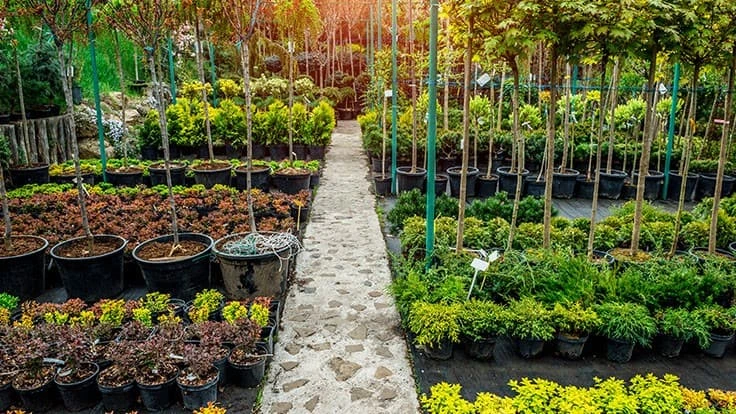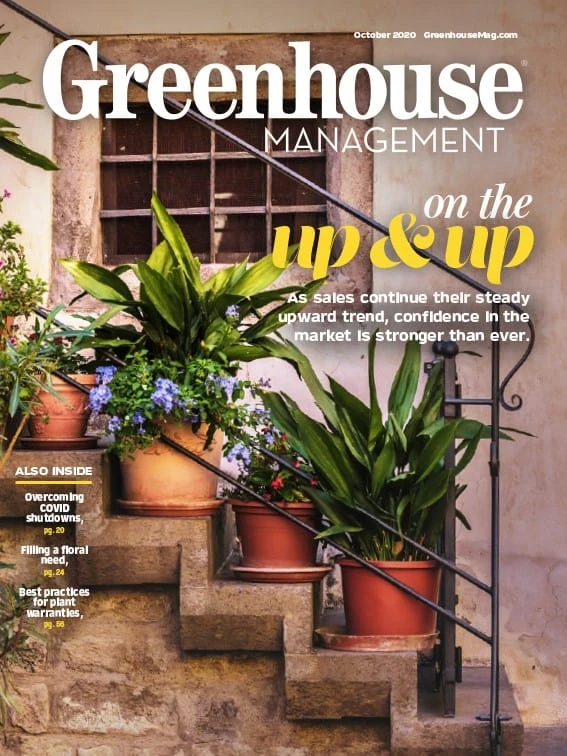
The green industry has faced its share of adversity in the form of weather phenomena, financial crises and pest or disease plights. This year required modifications from the entire supply chain that will be studied and analyzed for years. This is the year your future grandkids will want to hear about for a social studies project.
As we ride out this latest recession, the economy is certainly a concern, but it still came in second behind labor issues as the greatest threats to the industry.
With this year’s surge in consumer interest in gardening, nurseries are reporting increased sales and profits in 2020 vs. 2019. More than 60% of those surveyed raised prices this year, and almost 70% plan to raise prices in 2021. Despite the peaks and valleys of 2020, the industry remains fairly confident that market demand for nursery products will increase in 2021.
Growers who create a business plan with several variables or scenarios, while remaining flexible, will help ensure that the industry bends and doesn’t break.
— Kelli Rodda, editor, Nursery Management


Sales & prices
Sales in 2020 to landscapers far outweigh any other market segment with those surveyed. Rounding out the top three market segments were independent garden centers and re-wholesalers. There was almost no change of sales to those segments in 2019. For a look at the IGC and landscape markets, turn to pages 28 and 30 for a sneak peek at the State of the Industry reports from our sister
publications. In terms of raising prices in 2020, 38% increased prices 1%-4% and 38% chose not to raise prices this year. It’s a different story for next year. In 2021, half of those surveyed plan to raise prices by 1%-4% and 30% of growers don’t plan to raise prices at all.

Production & crops
Just under half (49%) of growers reported shortages this year. Some of those crops include flowering shrubs, blueberries, fruit trees and perennial plugs. Several growers cited this year’s increased consumer demand for plants and shipping problems for the shortages. Some 57% do not anticipate shortages in 2021.

Explore the October 2020 Issue
Check out more from this issue and find your next story to read.
Latest from Greenhouse Management
- 2025 Proven Winners Horticulture Scholarship applications now open
- How to improve inventory and shipping management in the greenhouse
- Leading Women of Horticulture: Anna Ball, Ball Hort, and Terri McEnaney, Bailey Nurseries
- GM CEA HERB Part 2: A guide to increasing the sowing density of culinary herbs
- GM CEA HERB Part 1: Best practices for producing culinary herbs in controlled environments
- USDA fires experts on invasive pests, including Asian citrus psyllid, chilli thrips
- CEA Alliance celebrates bipartisan introduction of Supporting Innovation in Agriculture Act
- Dümmen Orange North America celebrating 25th anniversary in 2025






